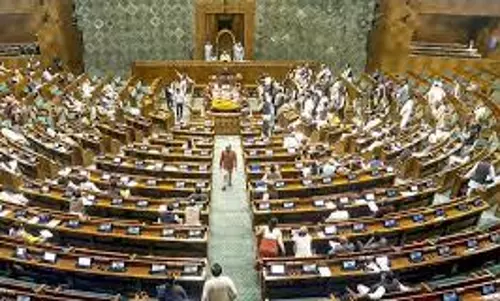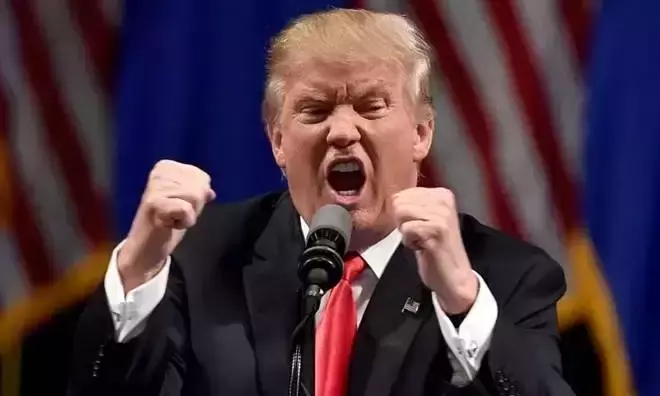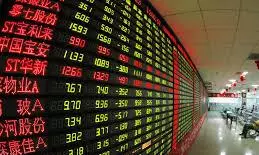
China's economy expected to slow further amid domestic struggles and external pressures
text_fieldsChina's economic growth likely fell just short of the government's five percent target for 2024, marking its weakest performance since 1990, excluding the pandemic, according to an AFP survey of economists.
The nation's economic struggles are compounded by weak domestic consumption, a prolonged property sector crisis, and rising fears of renewed trade tensions with the anticipated second presidency of Donald Trump.
Economists estimate that China's growth reached 4.9 percent in 2024, down from 5.2 percent in 2023, and warned it could dip to 4.4 percent this year and potentially below four percent by 2026. Despite falling shy of the "around five percent" target reiterated by President Xi Jinping, analysts believe officials may still claim success. However, Moody’s Analytics economist Harry Murphy Cruise cautioned that the economy's underlying performance is faltering, describing it as "struggling to get into gear."
China's post-pandemic recovery has been hindered by sluggish domestic consumption and an ongoing real estate crisis that has dampened consumer and investor confidence. Property sector woes remain particularly concerning, given its crucial role in economic growth. Local governments, burdened by mounting debt, also face challenges in implementing measures to stabilise the sector.
Beijing has introduced significant policy measures to stimulate economic activity, including interest rate cuts, relaxed property purchase regulations, increased local government borrowing limits, and financial market support. However, progress has been uneven, with experts noting slow implementation of some initiatives.
Despite challenges, there are some signs of improvement in the real estate sector. In December, the total area of new residential property transactions in major cities rose by 18 percent year-on-year, according to the finance ministry.
The return of Donald Trump to the U.S. presidency next week brings new risks to China's economy. Trump has pledged to implement stricter trade measures against China, raising the specter of heightened tariffs. Goldman Sachs estimates that a 20 percent increase in U.S. tariffs on Chinese goods could reduce China's GDP growth by 0.7 percentage points this year.
To counter potential external shocks, Beijing has announced plans to boost consumption through fiscal policy relaxation and subsidies for replacing old household items. Economists suggest that stronger domestic demand could become a new growth engine, similar to the period from 2009 to 2019.
While Beijing is expected to ramp up policy support, details are unlikely to emerge before the annual parliamentary session in March. Economists remain cautious about the scale of upcoming measures, warning that domestic stimulus alone may not be enough to offset the impact of higher U.S. tariffs.




















